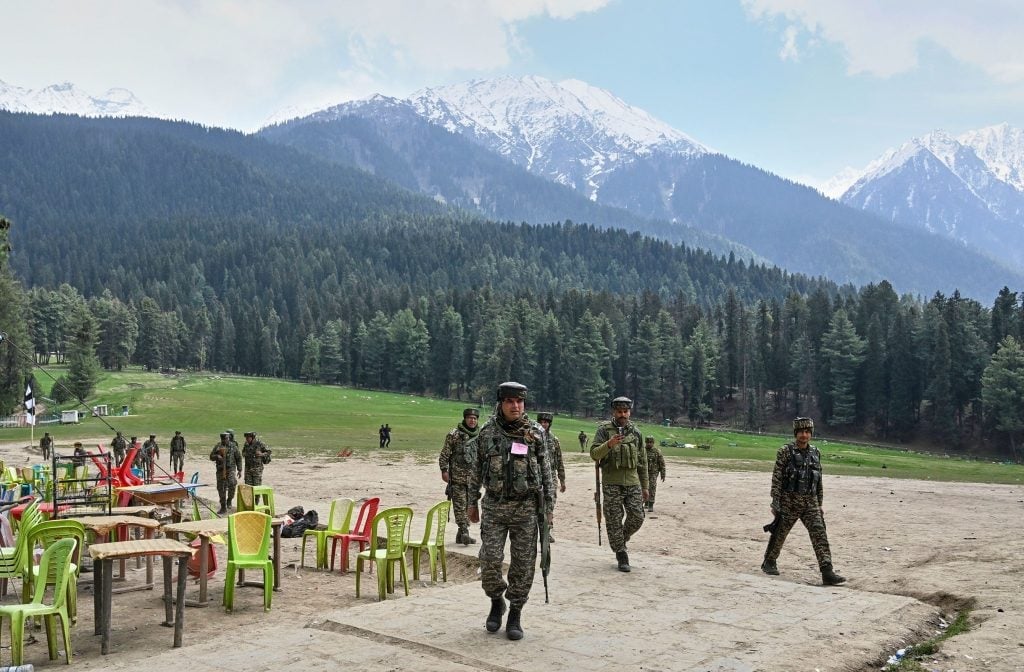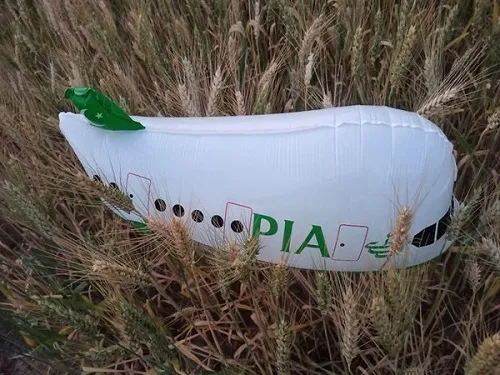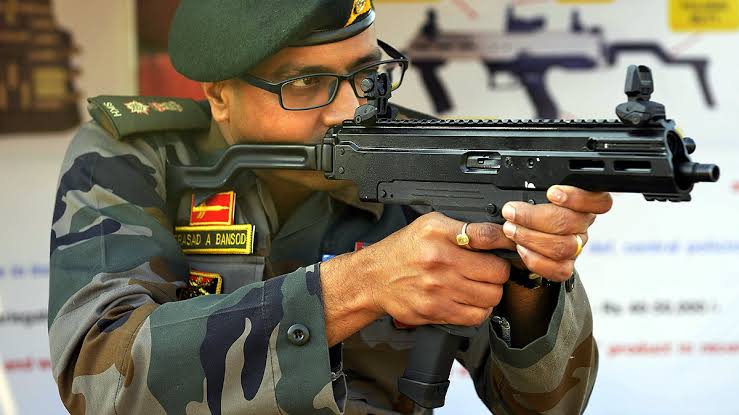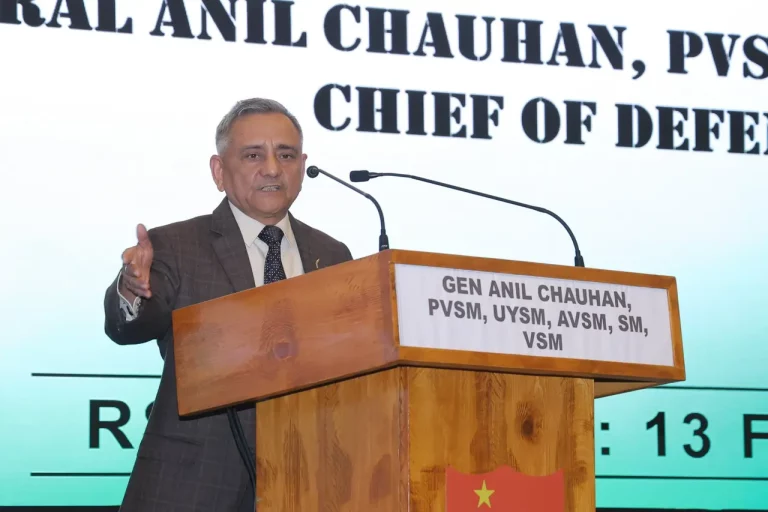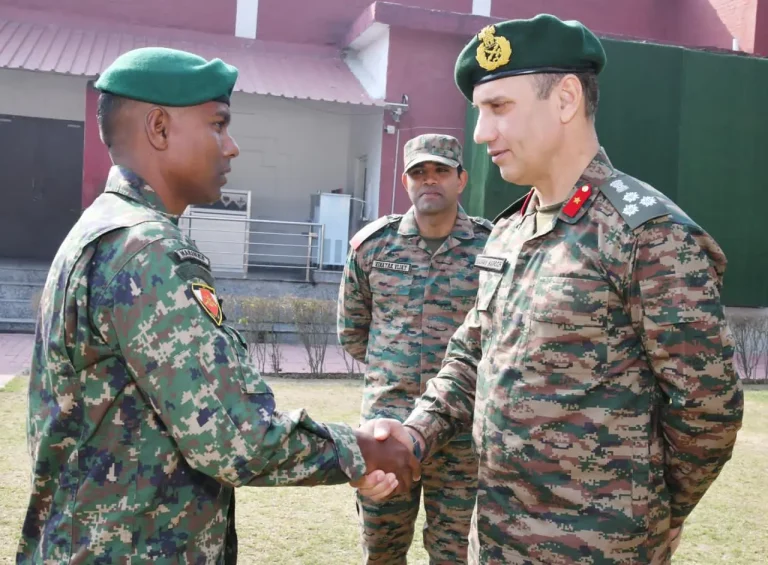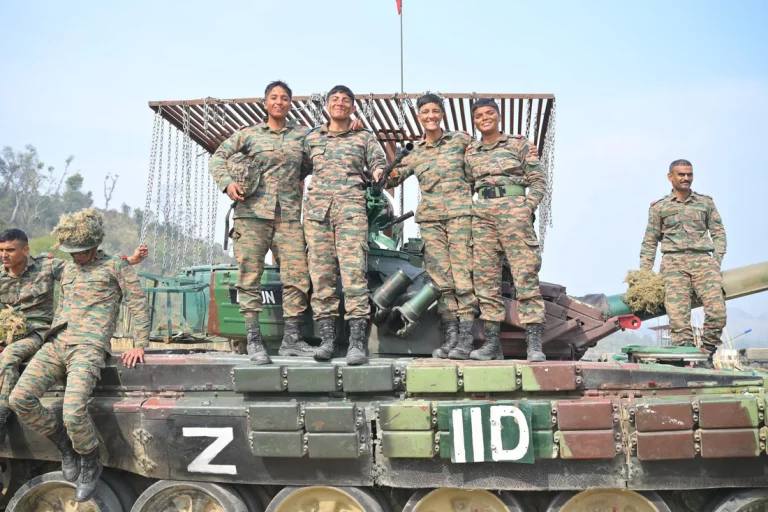A recent terror attack in Pahalgam, Jammu and Kashmir, has left 26 dead, sparking intense scrutiny and condemnation. According to a report by The Times of India, Indian security sources have identified the intricacies of the operation as being orchestrated by Pakistan’s Inter-Services Intelligence (ISI) in conjunction with the militant group Lashkar-e-Taiba (LeT). The directive for the attack reportedly stemmed from Pakistan’s political and military leadership, with goals that align with a broader strategy to undermine stability in the region.
Investigators reveal that the ISI directed senior LeT commander Sajid Jutt to assemble a team of only foreign operatives for the operation. This tactic was aimed at maximizing secrecy and minimizing local involvement, thereby enabling Pakistan to maintain plausible deniability on the international stage. The individuals implicated in carrying out the attack include two Pakistani nationals—Hashim Musa, also known as Suleiman, and Ali Bhai, alias Talha Bhai—working alongside a local accomplice, Adil Hussain Thokker.
As the investigation progressed, authorities arrested locals Parvaiz Ahmad Jothar and Bashir Ahmad Jothar, who are accused of providing support and shelter to the attackers, fully aware of their terrorist affiliations. The attack was later claimed by The Resistance Front (TRF), considered a proxy of the banned LeT, which has increasingly been used by Pakistan to evade global scrutiny.
India’s response to this grave incident was swift and forceful, leading to the initiation of Operation Sindoor on May 7. This military operation targeted nine terrorist camps deep within Pakistan and Pakistan-occupied Kashmir, resulting in substantial losses among terrorist ranks—over 100 reported fatalities. Following four days of intense exchanges involving drone strikes, missile activities, and artillery, a ceasefire was agreed upon by both nations on May 10.
A senior security official remarked that the Pahalgam attack exemplified a deliberate ISI strategy aimed at destabilizing the Kashmir region while carefully avoiding direct international backlash. This indicative shift towards deploying foreign fighters appears to signify Pakistan’s attempts to internationalize the Kashmir conflict, distancing local operatives from direct involvement.
The National Investigation Agency (NIA) continues to gather evidence to elucidate the full scope of the ISI’s role. Preliminary findings have been shared with key international partners, with plans to address the matter at the United Nations and other diplomatic platforms.
As the investigation unfolds, the Pahalgam attack and India’s military response re-highlight the precarious security dynamics in Kashmir. The escalating tensions between India and Pakistan bring to the fore the complexities of their bilateral relationship amid an increasingly volatile geopolitical landscape.
